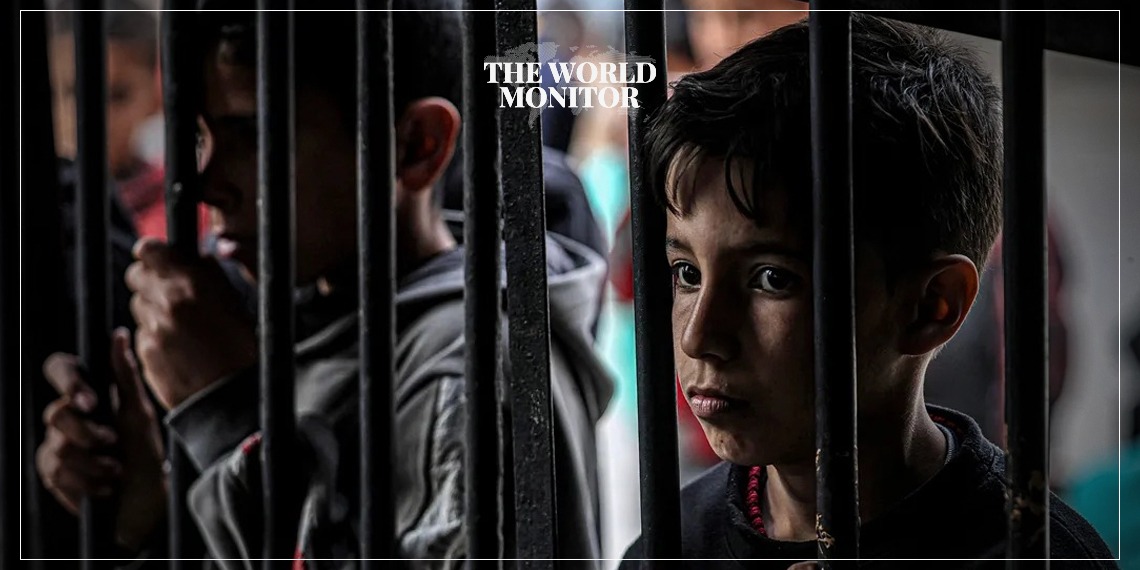According to estimates from the United Nations Entity for Gender Equality and the Empowerment of Women (UN Women), over 10,000 women have been killed in Gaza six months since the war began, including approximately 6,000 mothers, leaving behind around 19,000 orphans.
Surviving women face displacement, widowhood, and the risk of famine as the Israeli bombardment and ground operations continue.
UN Women has been publishing a series of gender-focused bulletins on Gaza, offering detailed analyses of the conditions faced by women and girls in the region, documenting the dire living conditions.
The latest bulletin, titled “Scarcity and Fear,” highlights the critical lack of access to drinking water, sanitation, and hygiene facilities, which are essential for women’s health, dignity, safety, and privacy.
The bulletin reports that “over one million women and girls in Gaza are facing catastrophic hunger, with almost no access to food, potable water, functioning toilets, or running water, posing life-threatening risks.”
The report emphasizes that “access to clean water is crucial, especially for nursing mothers and pregnant women who need to consume more water and calories daily.
Clean water is also necessary for women and girls to manage menstrual hygiene safely.” UN Women estimates that 10 million disposable sanitary pads or 4 million reusable sanitary pads are needed each month to meet the needs of 690,000 women and girls in Gaza.
Suzanne Mikhail, Regional Director for UN Women in Arab States, said during a press conference in Geneva, “So far, ten thousand women have been killed, including an estimated six thousand mothers.
Surviving women are suffering from hunger, disease, and daily fear. Undoubtedly, the war on Gaza is a war on women, who are paying a heavy price for a war not of their making.”
Mikhail added, “Peace alone can end this suffering. Thus, UN Women joins calls for the implementation of Security Council Resolution 2728, adopted on March 25, 2024, which demands an immediate ceasefire in Gaza, the release of all hostages, and safe and unhindered access for humanitarian aid.”
UN Women is working with Palestinian women’s organizations and partners within humanitarian systems to advocate for the rights and needs of women and girls, providing urgently needed aid.
In Gaza, UN Women has reached nearly 100,000 women and their families, providing them with food, blankets, winter clothes, soap, diapers, and hygiene kits, according to the report.
The report concludes, “Tens of thousands of other items have been stuck at border crossings for weeks. This is just a fraction of what women and girls in Gaza need.
As stipulated in the agreed final document of the recently held Commission on the Status of Women (CSW68), women and girls must be at the heart of our collective humanitarian response.”






